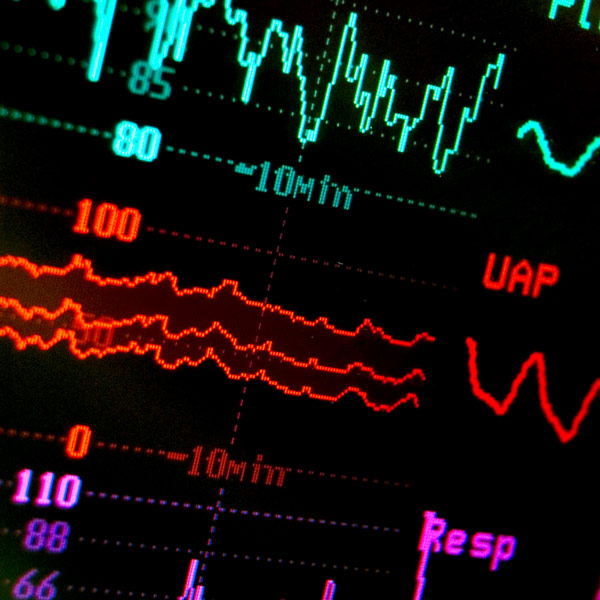
WEDNESDAY, Dec. 16 (HealthDay News) — Older people with heart failure are much less likely to die when they receive an implantable cardioverter defibrillator, says a new study.
The study included 4,685 people, ages 65 to 85, who were eligible for the device and had a left ventricular fraction (a measure of the heart’s pumping ability) of 35 percent or less.
During a three-year period, those who were treated with standard medication and an implanted defibrillator (ICD) were less likely to die than those treated with medications alone, the study found.
“In the first year, only 19.8 percent of the patients with an ICD died compared to 27.6 percent without an ICD,” study co-author Dr. Gregg C. Fonarow, a professor of cardiovascular medicine at the University of California, Los Angeles, Medical Center, said in a news release from the American Heart Association.
“By three years, 38.1 percent of patients with an ICD had died compared to 52.3 percent of those without an ICD,” Fonarow said. “Overall, patients receiving an ICD were 29 percent less likely to die in the first three years.”
The study was published Dec. 15 in Circulation: Heart Failure.
The findings show that age alone shouldn’t exclude people who are otherwise eligible to receive an implantable defibrillator, Fonarow said.
“There are substantial opportunities for clinicians to improve the evaluation and treatment of patients hospitalized with heart failure and reduced left ventricular ejection fraction,” he said.
More information
The Heart Rhythm Society has more about implantable cardioverter defibrillators.

